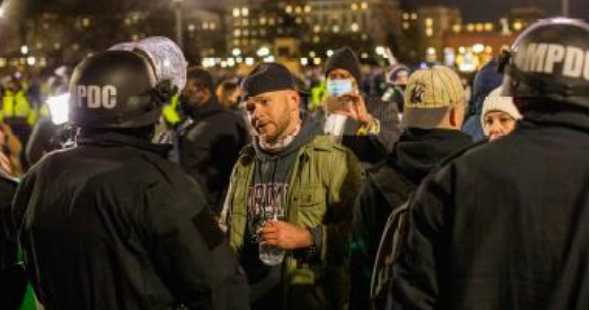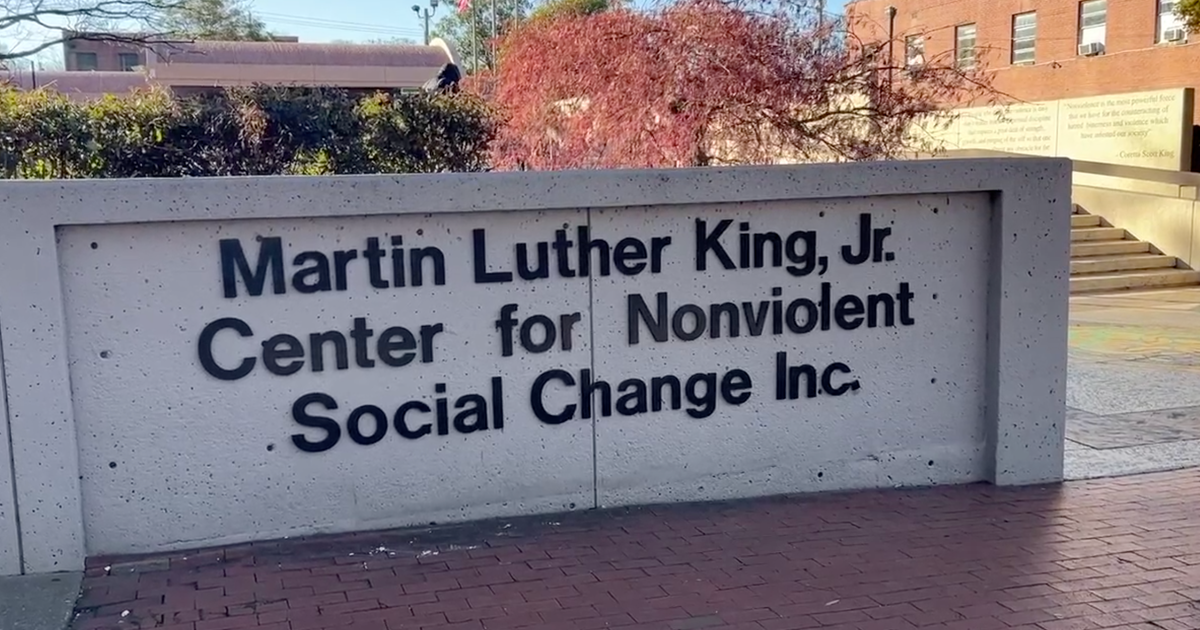Why Biden's speech before Congress isn't called the State of the Union
President Biden on Wednesday will deliver a speech before a joint session of Congress, a speech that is typically called the State of the Union. The tradition of a president addressing Congress is set forth in the Constitution, which designates that the president "shall from time to time give to the Congress Information of the State of the Union, and recommend to their Consideration such Measures as he shall judge necessary and expedient."
But Mr. Biden's speech will not be designated a State of the Union address. In fact, the previous six presidents did not call their first message before a joint session of Congress the State of the Union, according to the Congressional Research Office. These speeches, given in the first few months of a new presidency, typically occur soon after the inaugural address. As a result, every president since Ronald Reagan has chosen to call their first speech before a joint session of Congress — which is generally more foreword-looking than the speeches that come in the following years — something other than a State of the Union Address.
The Congressional Research Service notes, however, that regardless of what the speeches are titled, "scholars consider these speeches to serve the same ceremonial, rhetorical, and political function as a typical State of the Union. Therefore, they are routinely counted and analyzed with the other Annual Addresses as such."
George Washington set the precedent of addressing Congress every year, and the message was called the "President's Annual Message to Congress" until well into the 20th century. The address was informally referred to as the State of the Union from 1942 until 1946, and has been officially titled the State of the Union Address since 1947, according to the Congressional Research Office.
Although Washington and John Adams would deliver the speech in person, Thomas Jefferson instead opted to send separate written addresses to the House and Senate. The tradition of written addresses continued for more than 100 years until Woodrow Wilson revived the in-person speech in 1913. Since Wilson's presidency, in-person speeches have been the norm, although several presidents have chosen to occasionally deliver written addresses instead. The last president to send a written message to Congress without giving an in-person speech was Jimmy Carter in 1981.
Washington delivered the first annual message on January 8, 1790. After that, the message was traditionally delivered in December until 1933, when the 20th Amendment changed the opening dates for Congress. Since 1934, the State of the Union has generally been given in January or February.
The Biden administration has said Mr. Biden's speech was pushed back to April because he was focusing on the COVID-19 pandemic and passing the American Rescue Plan, his $1.9 trillion relief bill.
In another break with tradition, Mr. Biden's speech will likely have only around 200 guests. Traditionally, all members of both Houses of Congress, the Cabinet and other guests are invited to attend. House Sergeant at Arms Timothy Blodgett wrote in a memo last week that the event "will be invitation-only for a limited number of members of Congress," and any members who have not received an invite from their congressional leadership "will not be permitted in the Capitol after 5 p.m."
The limited guest list is due to COVID-19 protocols, although security will also be tight due to the January 6 attack on the U.S. Capitol. The event is designated a National Special Security Event, meaning Homeland Security has identified the event as a potential target for terrorism.
White House press secretary Jen Psaki said Tuesday that Vice President Kamala Harris, first lady Jill Biden and second gentleman Doug Emhoff will all be in attendance. The only members of the Cabinet who will be at the speech will be Secretary of State Antony Blinken and Defense Secretary Lloyd Austin.





